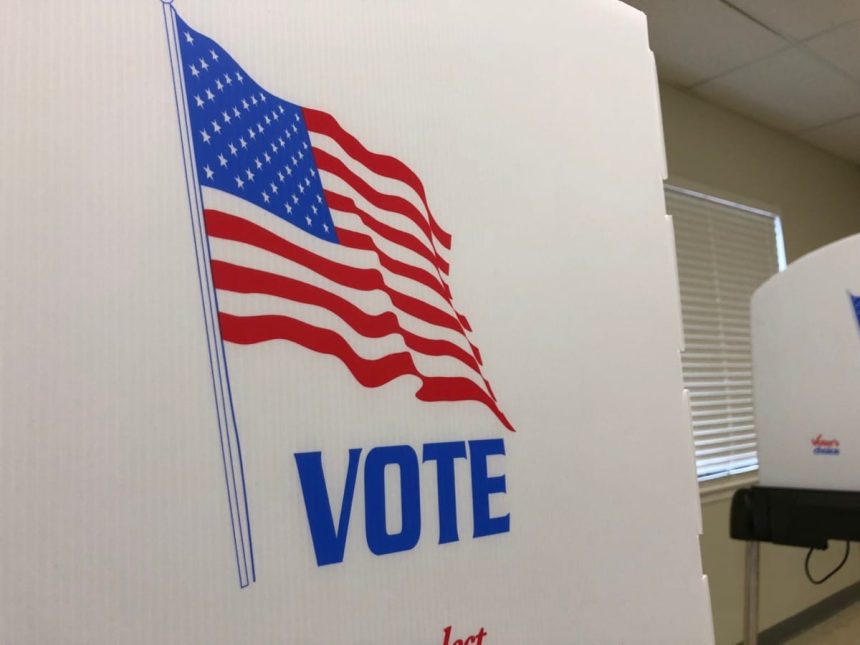A bill that would have restored the ballot initiative process in the state of Mississippi has died in conference.
Although it would not have allowed for an amendment to the State Constitution, House Concurrent Resolution 39 would have allowed the people to place proposed state laws on the ballot with enough signatures — a process that was stripped by the Mississippi Supreme Court when it ruled that medical marijuana was improperly placed on the ballot in 2020.

According to House Constitution Committee Chairman Fred Shanks, R-Brandon, the two chambers were not able to find common ground on the number of signatures needed to place a measure on the ballot.
In the original legislation, the House required a petition of at least 12 percent of voters from the most recent gubernatorial election. The Senate’s proposal required 12 percent of voters from the most recent presidential election.
“We were both pretty firm on our respective sides,” Shanks said. “To me, it’s a hard process to do and on something like that, I didn’t want to double the amount of work that it would take.”
Shanks also added that the number of signatures required by the House was the same as the previous initiative process, giving grassroots campaigns in Mississippi a fair shot at proposing new laws. With the Senate’s proposal, a copious amount of money would be needed to fund an initiative process.
“It would have been unattainable to have such a big threshold of signatures,” he said. “If you increased it that much, the only entity that could do an initiative, at that point, would be a large corporation with money to spend.”
Mississippians will now be without the ability to alter state law until legislators bring up the subject again during next year’s session, something Shanks says he plans to do. However, as many politicos know, nothing is “dead dead” until the legislature adjourns sine die.
John Polk, Chairman of the Senate Accountability, Efficiency, and Transparency Committee did not respond to a request for comment.







